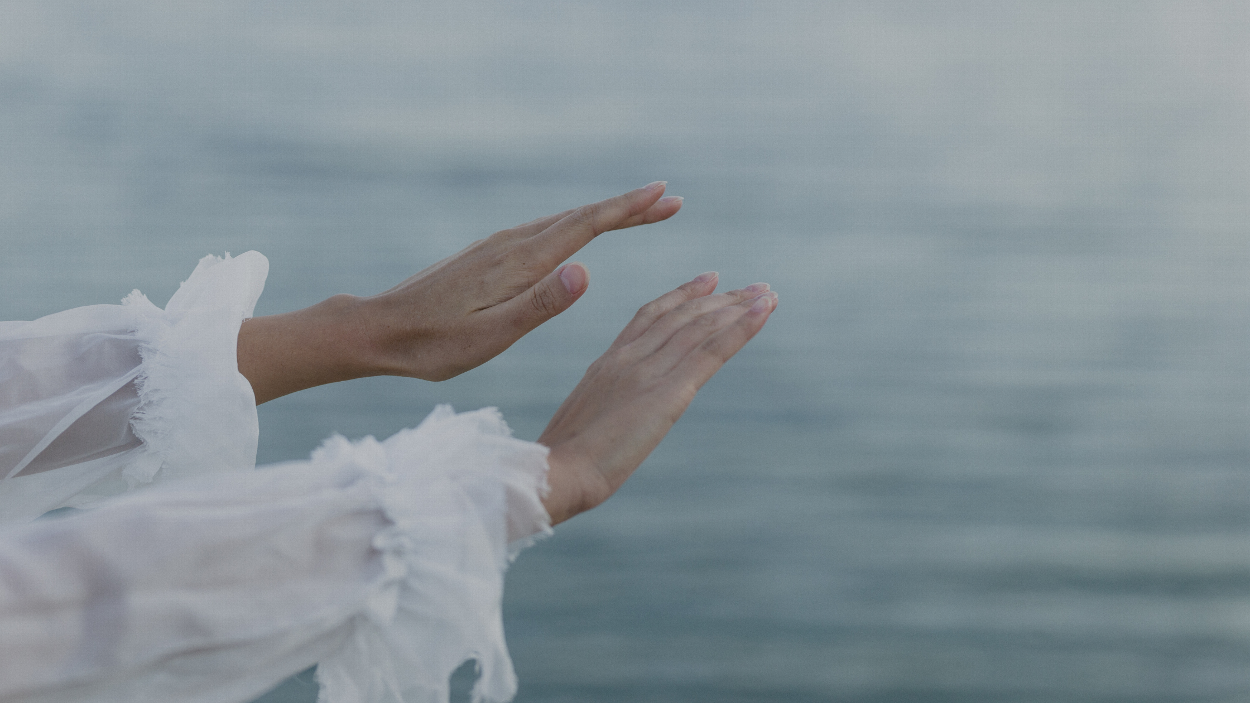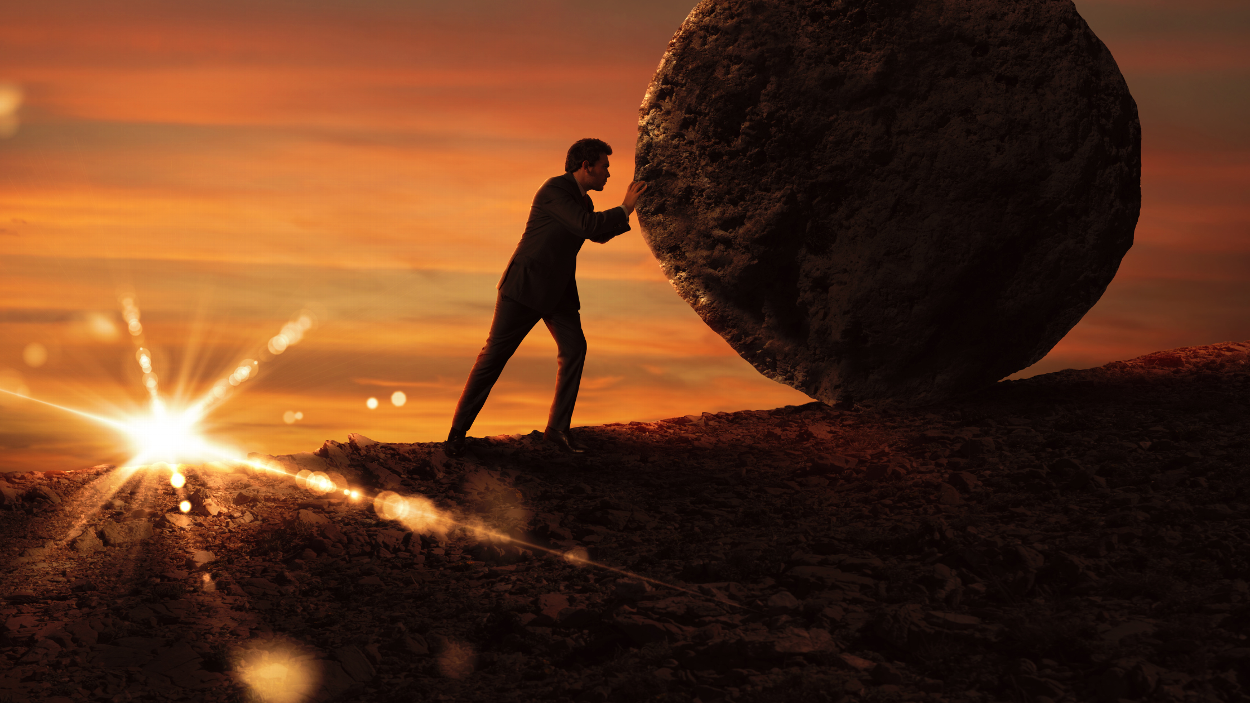The idea of taking personal responsibility can be overwhelming. So often we hear that we ‘just need to take ownership' or need to ‘hold ourselves accountable' - but it's rarely explained what that actually means in practice.
Taking ownership of yourself, your actions and your emotions means understanding that you - and only you - are responsible for these things. While you may want to believe that someone else has the power to make you feel a certain way, happy, sad, frustrated, it ultimately boils down to you and your own reactions. No one wants to feel like they, or their emotions are the problem which they often can be, so blaming others for how you are feeling becomes a defence mechanism. Understanding why you react in the way you do can help with learning to manage triggers and your reaction to them. While, as with most things in life, it is certainly possible to do this solo but having the guidance and support of a counsellor can make the process easier.
Taking ownership of your emotions can be tough - especially when it's not something you've done until this point. An easy way to start is to change the way you speak about them. We've probably all had an argument with a partner or friends where we say something like ‘you make me so miserable' laying the blame entirely at their door and absolving us from all responsibility for our reaction - but changing that to ‘I feel sad/frustrated when you…' changes the tone. It removes the blame from the other person, and empowers you to take action. Your emotions are no longer at the mercy of another person's actions, but rather they are something that you can take control of. This then allows you to move forward with understanding your reactions, and being able to make changes where necessary.

You can't change people
No matter how much we'd like to, we can't change other people, their opinions, their emotions or their reactions.
Think about the last time you tried to change someone's opinion or convince them that they were wrong - how well did it go? The last time you had an intense political discussion with someone where you had differing views, did you manage to change their opinion? Or did they actually dig their heels in, and you both left feeling frustrated (at best) with the whole interaction. Trying to change someone simply because you have the opinion that they are wrong rarely works, and can often make them more convinced that their way is right because your own behaviour appears so unreasonable.
People can change, however the key is that they can change when they want to - not when you decide they should. Change is a hard and in depth process, and there needs to be a commitment to it even in the hardest moments - unless someone truly wants the outcome on the other side of the change they are making then it won't happen.
While you can't change people, what you can do is have an honest discussion with them about how their behaviour impacts you and how it makes you feel. It is important to recognise that this needs to be done in a way that does not start blaming them for your emotions, but rather explains your emotional response to their actions. Doing this in a safe space such as in a counselling session can be a truly valuable way to conduct the conversation with a neutral party present to ensure the conversation doesn't reduce to assigning blame.

Life doesn't have to happen to you
It can be that, when we're going through a hard time, it feels like life is something that is happening to us that we're powerless to influence. We can feel entirely at the mercy of the events raging around us. While it is absolutely natural to feel low or have a negative state of mind when things are tough, and it's true that we can't necessarily change the events that are happening - we absolutely can control our reaction to those events.
Taking responsibility for your life takes a variety of different forms, but it almost always starts with ownership of your emotions and actions, and moving away from blaming others for things that go wrong. Focusing on other peoples actions rather than our own can lead to us starting to avoid accountability or becoming defensive if others highlight how our actions may be negatively impacting them. Focusing on others' mistakes rather than how we could improve ourselves allows us to avoid taking responsibility for change.
This in turn leads to taking accountability - none of us want to be told we're not doing a good job, or that we're making someone else feel bad, but avoiding accountability on account of our pride simply leads us to repeat the same mistakes over and over. Wallowing in self pity or beating yourself up won't be helpful, however holding yourself accountable can mean that you can understand how your previous actions could be improved and lead to making better choices all round in the future.

No one else can make you happy
It is often said that happiness comes from within, and that those with the least to be grateful for in life are often some of the happiest people you'll come across. Tying happiness to people or things can be a risky move - people change, situations change and what makes us happy in one moment can suddenly be gone, and then where does that leave us?
You may believe that you are happy because of your job, but what happens if you lose that job?
You may think that a new car is the cause of your happiness, but what if it gets dented?
It may feel like the source of your happiness is a relationship, but what happens when the relationship ends?
Learning to be happy with ourselves and what we have right now can be key to being truly happy. While we all naturally have goals and things that we aspire to achieve, pinning our happiness on attaining them can be dangerous as, inevitably, there will be times when we don't reach our goals or don't achieve them the way we thought we might.
Practising gratitude can help us to find things to be happy about, even if our life isn't exactly how we would like it to be. Being grateful for a roof over your head, or clean water, having a cosy pair of slippers to put on, or grateful for a healthy family can all help you to learn to find happiness in the moments when it feels like there is nothing to be grateful for. Even in the darkest moments there is something to feel grateful for - even if that is simply breathing, or the warmth of the sun.
While it is totally normal not to feel happy in every moment of every day - practising gratitude can help you to be happy with your life overall, rather than pinning that happiness on people or things.
If you would like some help with learning how to take responsibility for your emotions or actions, or if you would like to learn how to manage your emotional responses better, contact me on 07305 920 437.
